The AGEE Framework
The AGEE Framework is flexible. It is designed to be adapted for use in and across different contexts. It has been developed through:
- Discussion with key practitioners in education institutions, governments, civil society organisations, and bilateral and multilateral organisations working on gender and education
- In –depth engagement with a wide range of writings and dialogues with academic communities working on girls’ rights, gender equality and social justice in education in countries in the global north and south
The ideas that underpin the project draw on the capability approach. This is an approach for evaluating social justice and equality developed by Amartya Sen, Martha Nussbaum and writers on human development, gender, equalities and education in many countries.
The capability approach provides a distinctive perspective on understanding gender equality in education and support for girls’ needs, rights and capabilities. It highlights how opportunities, freedoms, and agency need to be considered alongside outcomes, resources, and measures of subjective wellbeing. This requires a wider range of information than is used in most planning and monitoring schemes and participatory processes for gathering and reflecting on that information. In this process, resources and relationships need to be considered in assessing gender equality in education and obligations in responding to girls’ needs, rights and capabilities.
Much work to date on gender equality in education has been focussed only on gender parity. Gender parity documents the numbers of girls as a proportion of boys enrolled in school or tertiary education, attending, progressing, or attaining a certificate. Some work has looked at resources (such as funding levels or numbers of schools or teachers) and other evaluations have been concerned to address gender responsive pedagogy or forms of marginalization. In developing the AGEE Framework, we have not focussed on any single dimension of gender equality in education, but have worked to build a multi-faceted structure for evaluation that takes account of conditions inside and outside schools. In this, our work is different from many existing evaluation frameworks which focus on access or outcomes linked only with learning levels.
The AGEE Framework identifies 6 core domains in which indicators are selected to provide information to evaluate progress towards gender equality in education and addressing girls’ needs, rights and capabilities.
There are six potential ways in which the AGEE Framework could be used:
i. International cross country comparison of gender equality in education using a set number of common indicators across countries; underpins steps to develop a composite indicator
ii. National dashboards to be used supporting work on gender equality linked to Education Sector Plans or other national accountability processes; indicators for domains in AGEE Framework developed through national consultations and reflections
iii. Project dashboards to be used drawing on the AGEE framework for diagnostic, monitoring or evaluation work on projects concerned with girls’ education and gender equality in education
iv. Dashboards for use with mobile or displaced populations, supporting work with a focus on emergencies, conflict and peacebuilding
v. Dashboards for diagnostic, monitoring or evaluation work in neighbourhoods looking at addressing gender and intersecting inequalities in and through schools.
vi. Dashboards for diagnostic, monitoring or evaluation work in institutions looking, for example, at universities or colleges

